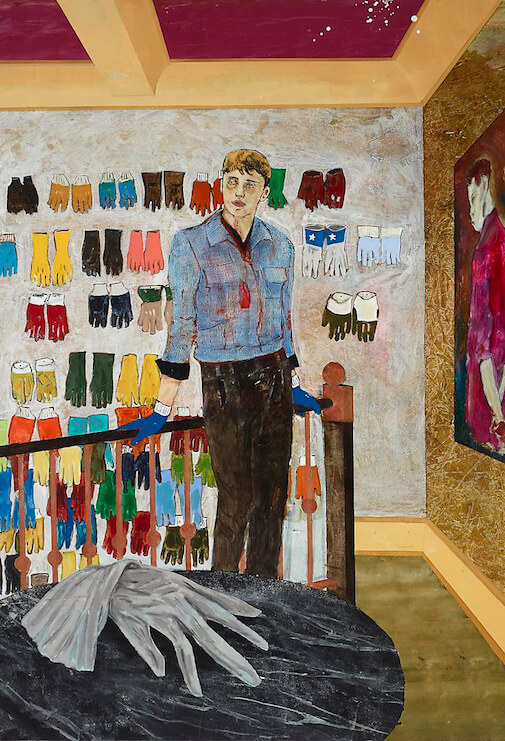- Vol. 04
- Chapter 01

Red
My great grandfather (they tell me) was a fisherman in these parts. That’s why he didn’t starve. Oh yes, and he served in the British Army for a war or two. In those days, it was the only way out, unless you were willing to cross an ocean or a channel to work in the mills. His daughter – my grandmother – was one such person. She had nothing to her name when she left, not even a pair of shoes. She did come back, though, with my father, when he was three or four. Or maybe five. Or six. The age changes every time he tells it. She couldn’t take this place for long, though. And when I first came here, at age fifteen, for a sunless summer I thought might never end, I could understand why. There was no one in the village between eighteen and forty. The only traffic jams were on Sunday, on the road to the tall grey church.
It’s still there, that church. And so are the eleven pubs. I’m told that it has always been the custom in these parts for pubs to serve other functions. So one would double as an ironmonger. Another might mend saddles. I wonder what they’d think to see what counts for useful in the twenty-first century.
In the pub where my son works, there is a gallery in the back room. There are, I understand, ten more backroom galleries along the road. They offer up these spaces to local artists on a rota basis. There are a lot of artists in these parts. They usually grow organic something or other on the side, or they go out to contemplate the sea and the stark dark hills, and the strand as it vanishes underwater, only to emerge again, bringing with it skeletons and driftwood, while the clouds race across the bay, and from their reveries they conjure up what my son has described as the colours of the soul.
But then they sell them. I think that’s where the red comes from. It’s nowhere in the landscape.
